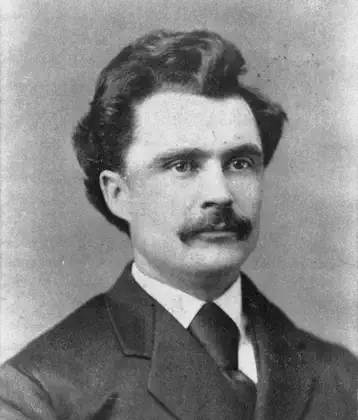August 10th , 1872
The 1872 Education (Scotland) Act was a landmark piece of legislation that significantly transformed the Scottish education system. Passed on August 6, 1872, the Act established a framework for providing elementary education to all children in Scotland, laying the foundation for the modern public education system in the country.
Background
Pre-Act Education System: Before the 1872 Act, education in Scotland was patchy and largely depended on local initiatives, religious institutions, and private schools. The Church of Scotland played a significant role in providing education, particularly in rural areas. However, access to education was uneven, with many children, especially those from poorer families, receiving little or no formal schooling.
Industrialization and Social Change: The rapid industrialization of Scotland in the 19th century highlighted the need for a more educated workforce. There was growing recognition that a literate and numerate population was essential for the country’s economic development and social progress.
Key Provisions of the 1872 Education (Scotland) Act
Compulsory Education: One of the most important aspects of the Act was the introduction of compulsory education for all children aged 5 to 13. This was a significant step towards universal education in Scotland, ensuring that all children had the opportunity to receive at least a basic education.
Public School Boards: The Act established local school boards, which were responsible for overseeing education in their areas. These boards were given the authority to build new schools, maintain existing ones, and ensure that children attended school. The boards were also empowered to raise funds through local taxes to support education.
Secular Education: The Act transferred control of schools from the Church of Scotland to the newly created school boards, making education more secular and reducing the direct influence of the Church in education. This shift reflected the broader trend towards separating church and state functions in public life.
Teacher Training and Standards: The Act also addressed the need for better-trained teachers by providing for the establishment of training colleges and setting standards for teacher qualifications. This was crucial for improving the quality of education across Scotland.
Impact and Legacy
Increased Access to Education: The 1872 Education Act led to a significant increase in the number of children attending school in Scotland. By making education compulsory, the Act ensured that even children from the poorest families had access to schooling, which was a major step forward in social equality.
Improvement in Literacy Rates: The implementation of the Act resulted in a marked improvement in literacy and numeracy rates in Scotland. This had long-term positive effects on the Scottish economy and society, contributing to a more educated and skilled population.
Foundation for Further Reforms: The 1872 Act laid the groundwork for subsequent educational reforms in Scotland. It established a system that could be built upon in the years to come, leading to the development of secondary education and further educational advancements in the 20th century.
Cultural Impact: The Act reinforced Scotland’s long-standing commitment to education, dating back to the Reformation in the 16th century. It also helped to solidify the idea of education as a public good and a right for all children, regardless of their social or economic background.
The 1872 Education (Scotland) Act was a transformative piece of legislation that reshaped the educational landscape of Scotland. By providing elementary education for all children, it played a crucial role in promoting literacy, social mobility, and economic development in Scotland, and its legacy continues to be felt in the country’s education system today.
























